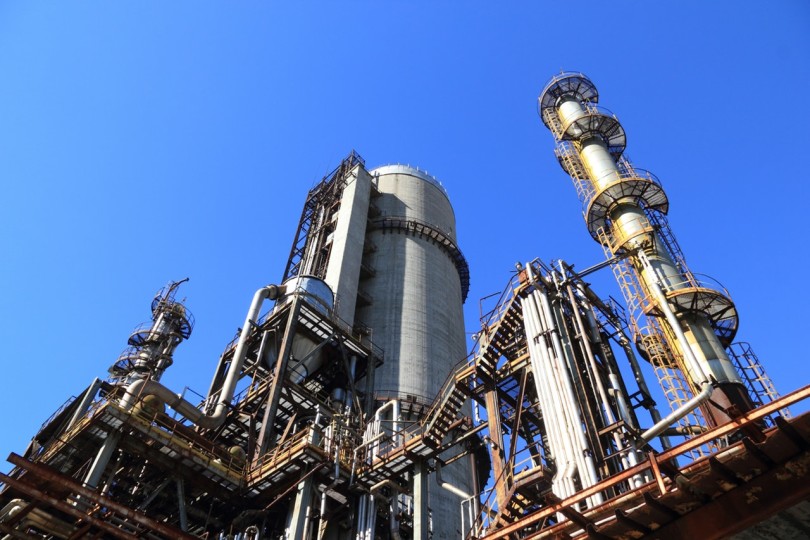Is Autonomous Driving coming to the UAE?
26 Apr 24
Lab ChatThe Global News Source for the World of Science and Chemicals
22 September 2019
Chem Chat
At present, India has a population of approximately 1.3 billion people. By 2025, that figure is expected to swell to 1.4 billion, surpassing China as the most populous country on the planet. This, coupled with an improving economy and an increasingly large middle class with disposable income, will inevitably lead to demand for energy outstripping its supply by some distance.
In a bid to meet this expected shortfall, Indian refiners are courting foreign investment to boost their capacities. The Middle East is emerging as a leading solution to the shortage problem, with Gulf nations having both the capital and the expertise to build new power generation installations across the country and meet the rising Indian demand for electricity.
Given the increasing global concern surrounding climate change and the overall transition towards cleaner forms of energy generation, India represents one of the few markets in the world where demand for crude oil is projected to steadily increase. With consultancy company Wood Mackenzie predicting that India will suffer from a shortage of 3.5 million to 4 million barrels of crude oil per day, the country needs to up its production capacity – and soon.
This is where the Gulf countries are perfectly placed to step in, and some deals have already been struck. Last month, for example, the largest oil exporting company in the world Saudi Aramco purchased a 20% stake in India’s biggest private refiner, Reliance. In a deal valued at $15 billion (Dh55bn), the Saudi state-owned firm is expected to take over the Jamnagar refinery in Gujarat, which is capable of 1.24 million barrels per day and is the world’s biggest facility at present.
Outside of the Gulf, BP has already signed an understanding with Reliance to enter its fuel market, while Saudi Aramco is teaming up with the UAE-owned Abu Dhabi National Oil Company (ADNOC) on another petrochemical-refining project in Maharashtra, rumoured to be worth $44 billion (Dh161bn). ADNOC is also considering moving into selling lubricants in the Indian market.
Meanwhile, the upcoming changes to fuel shipping standards means that there is increased appetite for products compliant with the new legislation in India. ADNOC’s biggest domestic competitor, Emirates National Oil Company (ENOC), are looking to capitalise on this shift in policy by developing low-sulphur cylinder oil blends to service South Asia’s largest market.
While the Gulf may seem to hold the answers to India’s short-term problems, the situation is one that works out well for both parties. Many countries in the Middle East rely heavily on the fossil fuel industries for the majority of their economies, and with that fuel source falling quickly out of fashion among environmentally-conscious countries, Gulf nations are faced with the urgent necessity of diversifying their revenue streams.
As such, India’s growing market could provide the perfect location for Gulf countries to pivot their operations while they pursue new avenues of industry and implement schemes such as Saudi Vision 2030 and Abu Dhabi Economic Vision 2030.
DOWNLOAD PDF

2 Day Seminar Program
@ ArabLab+ 2024
24 & 25 September 2024
22 Apr 24
Lab ChatYour stay in Dubai
Labkit
Product News
Chemkit
Product News
Thinking about exhibiting at ARABLAB 2024? Watch our video to find out more.
Join the world’s leading organisations…
Join our mailing list and receive the ARABLAB newsletter and event updates.